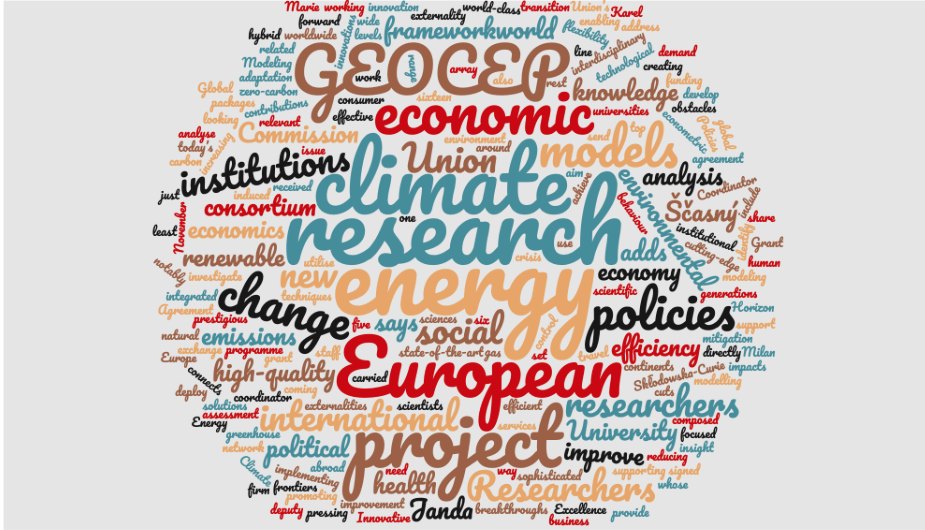Innovative economic research, carried with cutting-edge models, will improve climate change policies for Europe and the world.
 A visualisation of the project GEOCEP central concepts from the research proposal
A visualisation of the project GEOCEP central concepts from the research proposal
An international consortium of world-class universities will address one of today’s most pressing social and political issue: the environmental crisis induced by climate change. Researchers will develop new economic knowledge to improve climate change adaptation and mitigation policies. The research will notably provide insight in line with the 2030 climate and energy framework of the European Commission. This framework set at least 40% cuts in greenhouse gas emissions (from 1990 levels), 32% share for renewable energy, and 32.5% improvement in energy efficiency.
The European Commission has signed a Grant Agreement for the research project Global Excellence in Modeling Climate and Energy Policies (GEOCEP) on 27 November 2019. This interdisciplinary project connects the frontiers of climate change and energy economics with state-of-the-art natural and social sciences. Researchers aim to achieve scientific breakthroughs in creating new generations of models enabling a sophisticated economic analysis.
Economic models
“Researchers will utilise a wide range of integrated assessment economic and hybrid models,” says GEOCEP Coordinator Milan Ščasný from Charles University. “These models include the analysis of social and technological innovations, new business and services models, and the need for flexibility in demand to support the energy transition to a zero-carbon economy. We will analyse consumer and firm behaviour, the impacts on the economy, energy use, the environment, and human health” adds Ščasný.
Between 2022 and 2026, researchers will travel to deploy a worldwide knowledge network over five continents. The international consortium is composed of six top research institutions in the European Union and sixteen other prestigious institutions in the rest of the world.
“We are looking forward to having high-quality research scientists coming to the European Union and, the other way around, to send researchers from the European Union to high-quality research institutions abroad,” says GEOCEP deputy coordinator Karel Janda from Charles University. “GEOCEP project is relevant not just for researchers directly working on the economics of climate change or energy but also to those whose contributions in economic techniques supporting this project, such as econometric modelling,” Janda adds.
The research work packages of GEOCEP will identify institutional and political obstacles to implementing efficient solutions to control for the global carbon externality. It will investigate an array of effective policies focused on increasing energy efficiency, reducing emissions and related environmental and health externalities, and promoting renewable energy.
This project has received funding from the European Union’s Horizon 2020 research and innovation programme under the Marie Skłodowska-Curie grant agreement No 870245.
